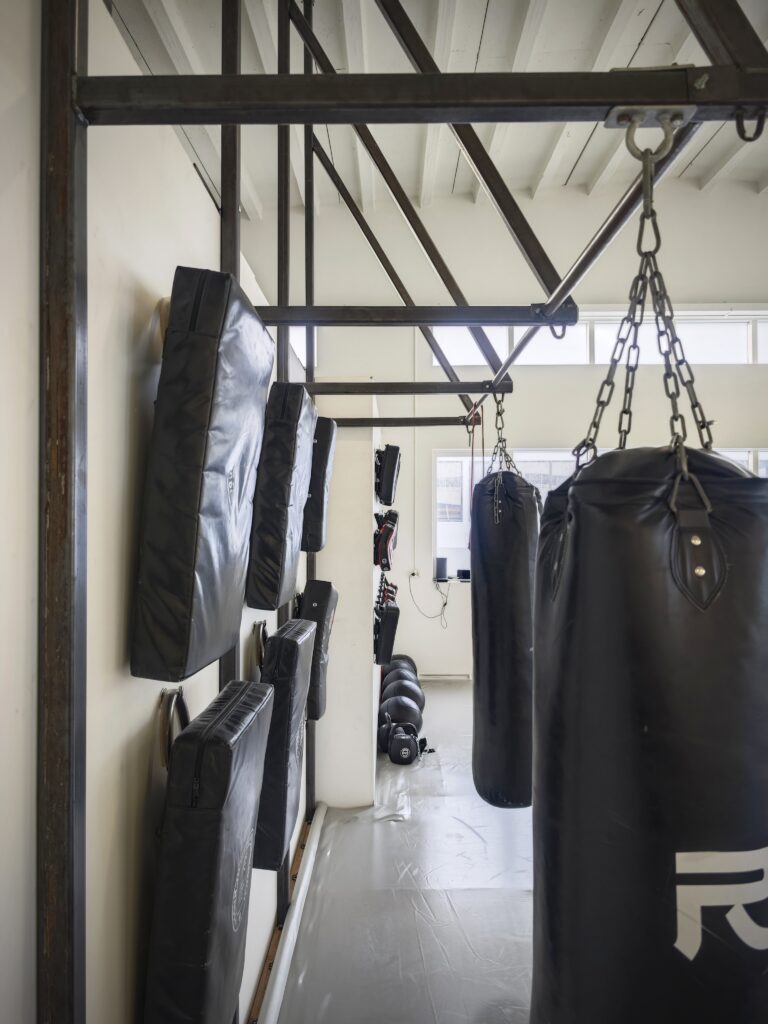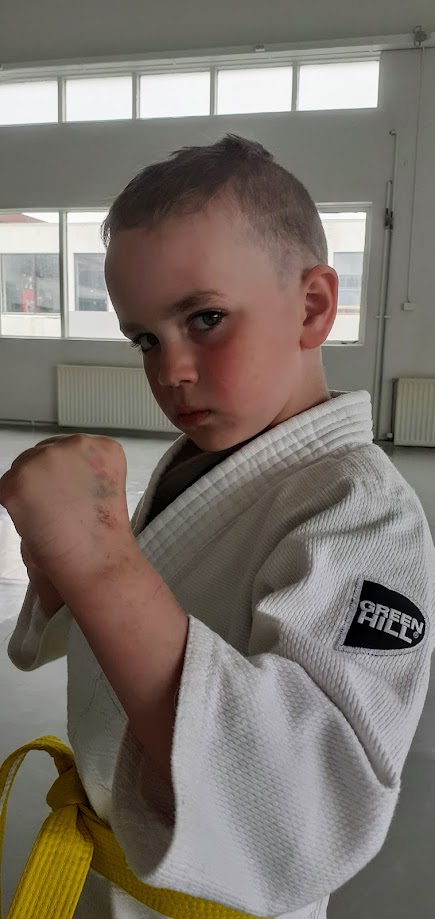The benefits of children learning combat Ju-jutsu
Combat Ju-jutsu offers a comprehensive approach to a child’s development, encompassing physical, mental, and emotional growth. The skills and values learned through this martial art can provide a solid foundation for a healthy, confident, and respectful individual. Encouraging children to learn combat ju-jutsu is an investment in their future well-being and success.
Children will learn to fall, to roll, coordination, movement. Our teaching includes lots games alone or in group.


Introducing children to combat jujutsu can offer numerous advantages that extend beyond physical fitness. While some may view martial arts purely as a method of self-defense, the practice of combat ju jitsu provides a wealth of developmental benefits that can positively shape a child’s life.
1. Physical fitness and health: Combat ju jitsu is an excellent way for children to engage in regular physical activity. The practice improves cardiovascular health, strength, flexibility, and coordination. Engaging in these physical activities helps combat childhood obesity and instills a lifelong appreciation for health and fitness.
2. Self-discipline and focus: Learning combat ju jitsu requires significant mental discipline and focus. Children must pay attention to their instructor, learn complex techniques, and practice consistently. This discipline translates into other areas of life, such as improved concentration and better performance in school.
3. Confidence and self-Esteem: Mastering new skills in ju jitsu boosts a child’s confidence. As they progress through the ranks and achieve new belts, they gain a sense of accomplishment. This growing self-confidence helps children tackle new challenges both within and outside the dojo.
4. Respect and humility: Martial arts emphasize respect for instructors, peers, and oneself. Children learn the importance of humility, understanding that mastery takes time and effort. This respect and humility foster positive relationships and social interactions.
5. Self-Defense skills: While the primary focus is not on aggression, combat ju jitsu equips children with valuable self-defense skills. They learn how to protect themselves in dangerous situations, which can provide both the child and their parents with peace of mind.
6. Stress relief and emotional regulation: The physical exertion involved in combat jujutsu helps children release pent-up energy and stress. Additionally, the discipline and mindfulness practices integral to martial arts training help children manage their emotions and develop better coping mechanisms.
7. Social skills and teamwork: Children in ju jitsu classes often work in pairs or groups, fostering teamwork and communication skills. They learn to collaborate, support each other, and build friendships, creating a sense of community and belonging.
8. Goal setting and perseverance: Progressing in combat ju jitsu involves setting and achieving goals, such as learning a new technique or earning a higher belt. This process teaches children the value of perseverance and hard work, skills that are essential for success in any endeavor.
9. Safety awareness: Through ju jitsu training, children become more aware of their surroundings and learn to assess potential threats. This heightened awareness can enhance their overall safety in various environments.
10. Cultural appreciation: Studying martial arts often includes learning about the history and culture from which they originate. This broadens a child’s understanding and appreciation of different cultures and traditions.
